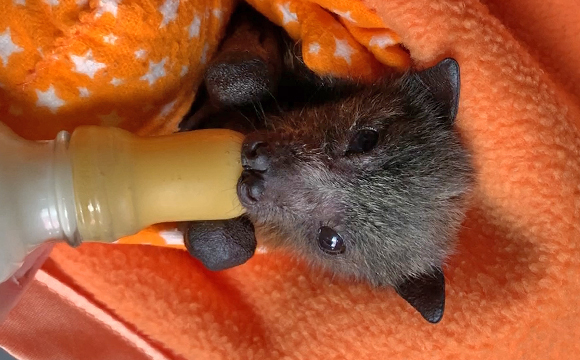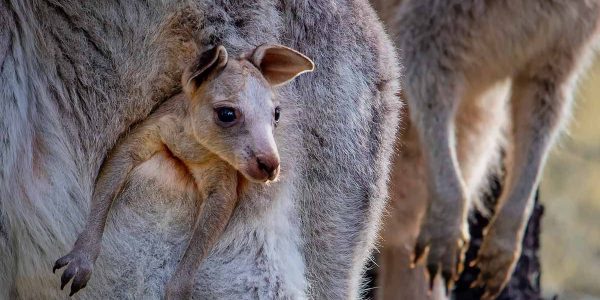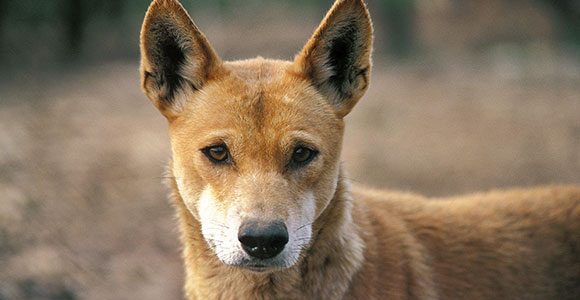Right now, Australia’s precious flying foxes are under threat like never before. These sensitive animals are being orphaned, injured, killed in devastating numbers and dedicated wildlife carers are being inundated with animals needing their help.
The situation is becoming so dire that some carers feel they may soon have no choice but to euthanise orphaned pups, as there is simply not enough capacity to give them the intensive love and care that they need.
Not only is this unfolding crisis an animal welfare disaster – but flying foxes are a keystone species, meaning entire ecosystems rely on them for survival. As numbers dwindle, the existential threats faced by these unique species is an existential threat to Australia’s forests.
While long-term solutions, including addressing the climate crisis and protecting crucial flying fox roosting and foraging habitat, will be required in order to spare fruit bats from extinction, there are ways caring people can help flying foxes right now:











